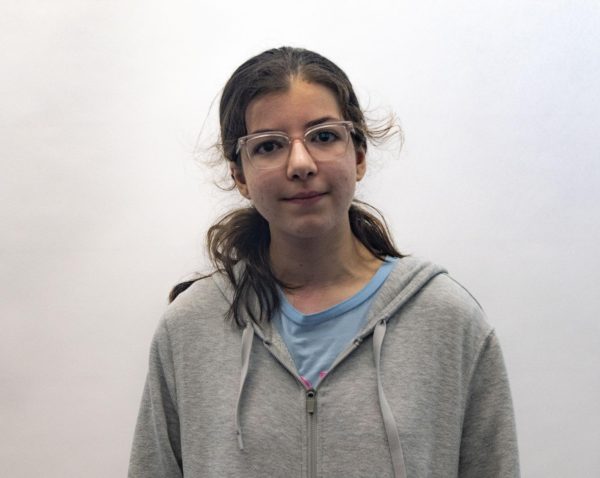From traveling to a variety of countries, such as Ecuador, Spain, Switzerland and Greece, senior Madeline Langa (MJ) got the chance to view a variety of cultures and people, which she finds to be an experience that would open up to her schooling abroad.
“I want to [have a] more worldly and knowledgeable perspective about other people’s cultures. I definitely want to be living in England for three years, but after that, I want to live abroad to get some more life experience. I like traveling, so I think [going international for college] will be a cool experience to have,” Langa said.
Langa applied to multiple colleges in the United Kingdom (U.K.), including the University of Oxford, London School of Economics, University College London, King’s College London and Edinburgh University, planning to study history.
The application process in the U.S. requires an essay where it is recommended that students tell a personal story about themselves based on their chosen prompt. On the contrary, applications going toward international schools aren’t as heavy on students’ personal lives. The essays for schools abroad, such as college in the U.K., consist of the major a student decides to study and why, the research they have done that is geared toward that subject and what they wish to pursue with their degree. Langa found this process to be “daunting” at first due to its foreign nature, which seeped its way into the placement test she describes as “hard” due to a “lack of preparation.”
“British schools practice students for it. It’s like if a foreign person was taking the SAT, we have PSAT practice. Or like a foreign person who’s applying to [the U.S.], we have teachers that know how to write the applications and help us,” Langa said. “I didn’t know what to expect on the test, so I had to go online and look at practice ones.”
Nevertheless, she finds schooling abroad to have an “adventurous” aspect in the sense that opportunities she “wouldn’t get in America” have opened up to her.
“[Going out of the country for college] will let me meet new people and learn how to adapt to people who come from vastly different backgrounds. I’m excited for the experience of studying history on a new level with acclaimed professors because I’ll be able to interact with people like that and learn from them,” Langa said.
The schooling system in Japan shares these qualities as well when it comes to observing a different culture and meeting new people. Senior Miyu Shinji applied to a few colleges in Japan, including Keio University and Waseda University, as well as two schools in California. Having compared the two college applications in the U.S. and Japan, Shinji finds the application process in Japan to be “basically the same” as the U.S., with minor differences including possible wanted TOEIC (Test of English for International Communication) or TOEFL (Test of English as a Foreign Language) results, which test one’s English proficiency in different categories.
Shinji previously lived in Japan for three years to become more aware of Japanese culture, returning to the U.S. during her junior year. She plans to go back to Japan to further her studies and found that going to college there opens up the opportunity to visit other countries and destinations as well as “expand her knowledge” on the culture.
“Throughout my whole life, every time I moved to a new country, I learned a whole new culture and religion. Neighboring countries like Malaysia and Singapore have really different personalities and cultures, or just people in general,” Shinji said. “Ever since I came here, the more I discovered new things [regarding the culture and people]. I just feel more and more excited to learn about the whole world [and] how people engage with each other.”
Additionally, senior Romel Kassaye applied to a few colleges in England, such as the University of Sheffield, the University of Brighton, the University of Leeds, and the University of Nottingham as well as one school in Scotland, the University of Edinburgh. He agrees that the cultures and interactions of different people is “very interesting” and that “it’s always good” to be exposed to distinct perspectives.
“College I think is a really good time [to see different cultures and how different people interact] since you’re kind of an adult, but you also don’t have a career, so if you want to go out then I feel like going to another country is important,” Kassaye said. “It’s kind of low stakes, because as long as you graduate, a degree is a degree, so you might as well just live a little.”



